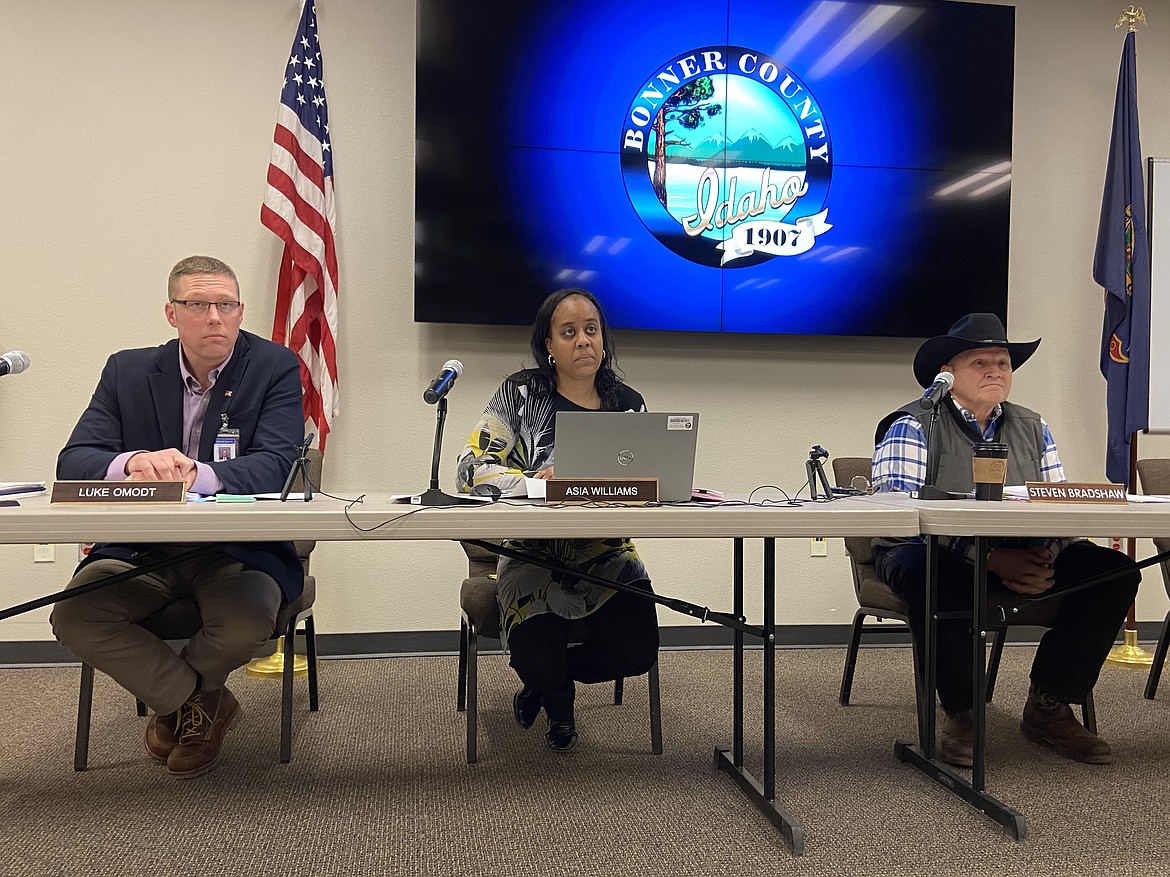BOCC reverses course on Zoom
SANDPOINT — Zoom is on its way back into Bonner County meetings.
After a parade of constituents again called county commissioners to reinstate Zoom meetings, Commissioner Asia Williams again put a motion to add a disclaimer and resume broadcasting county meetings on the platform...
Become a Subscriber!
You have read all of your free articles this month. Select a plan below to start your subscription today.
Already a subscriber? Login



